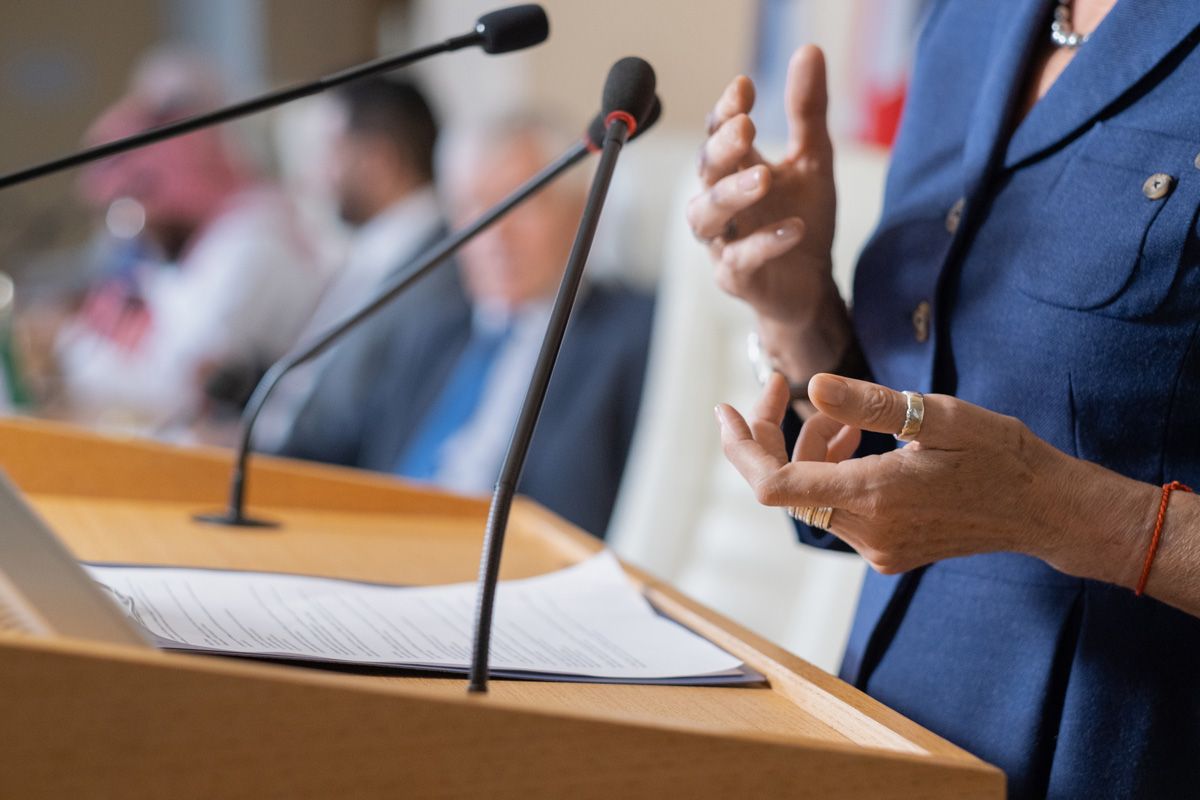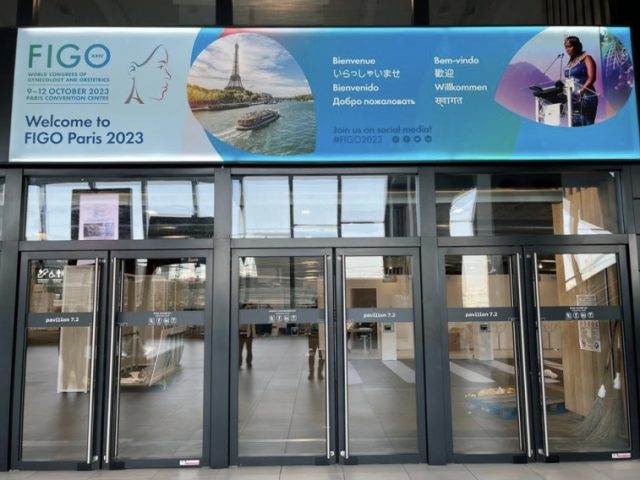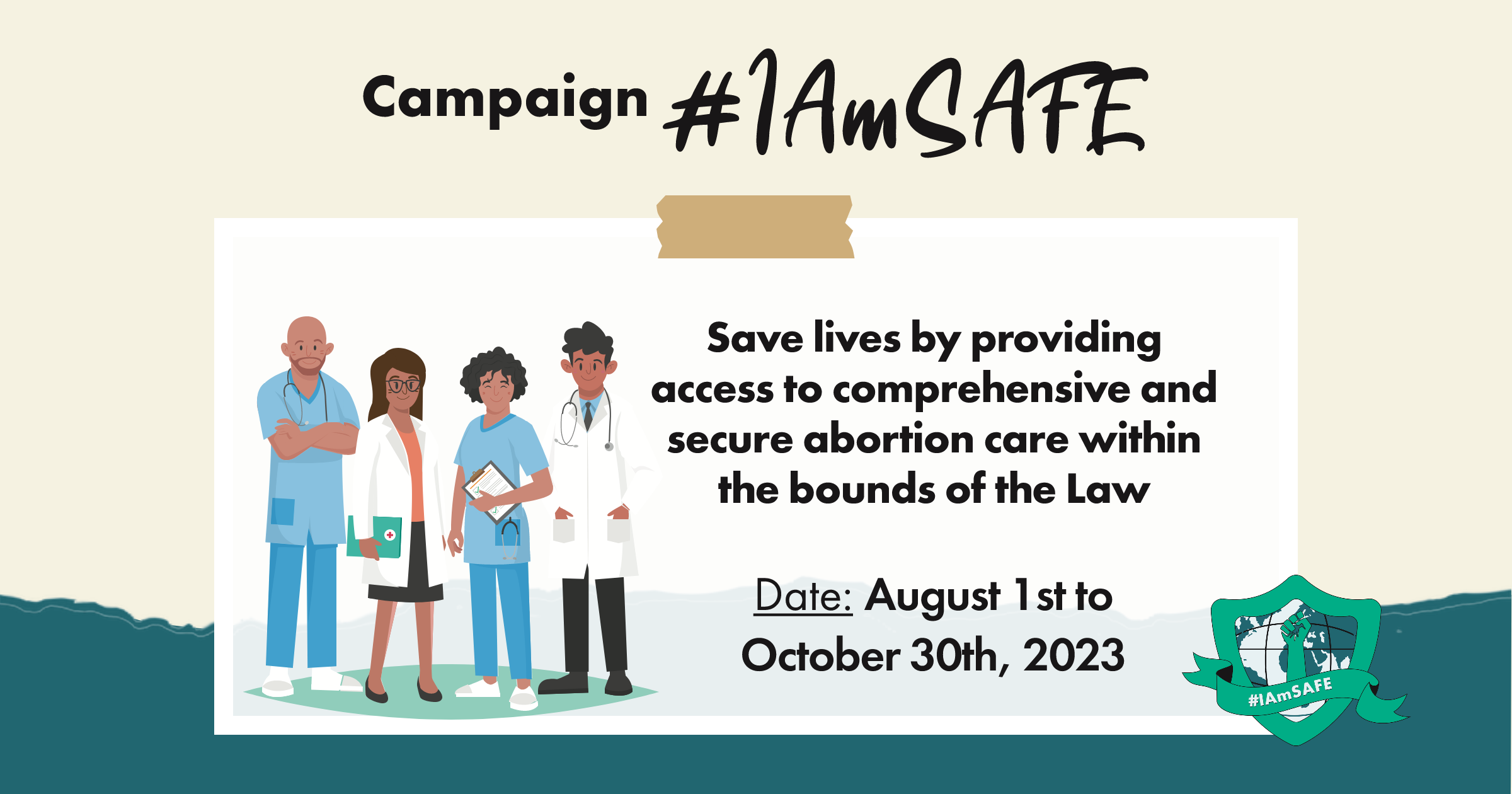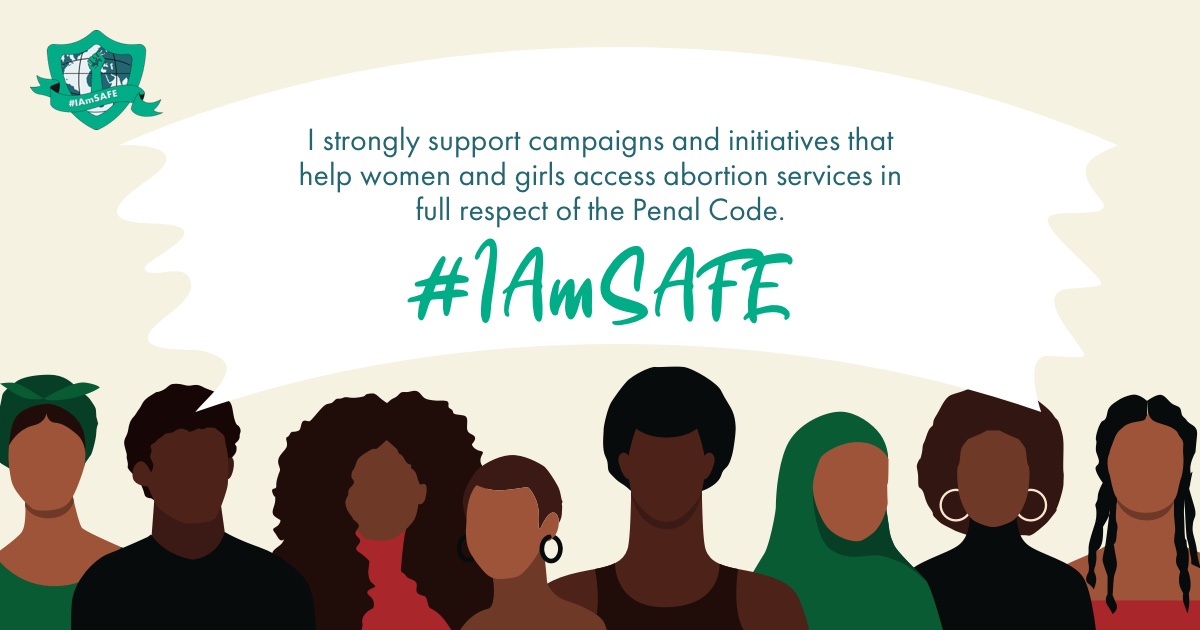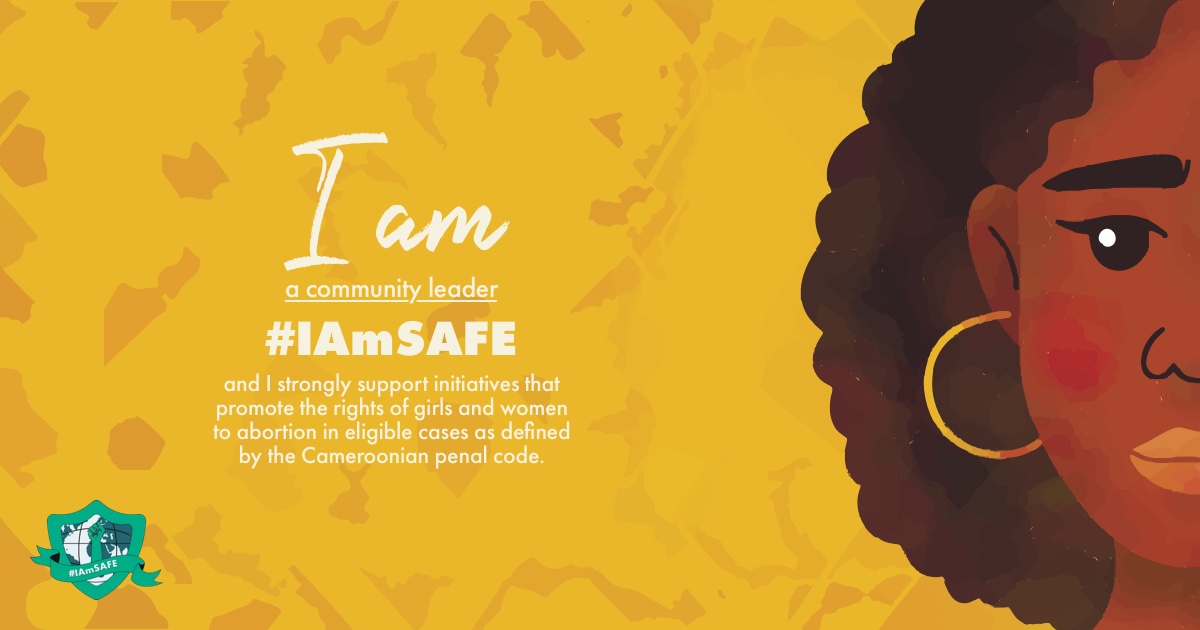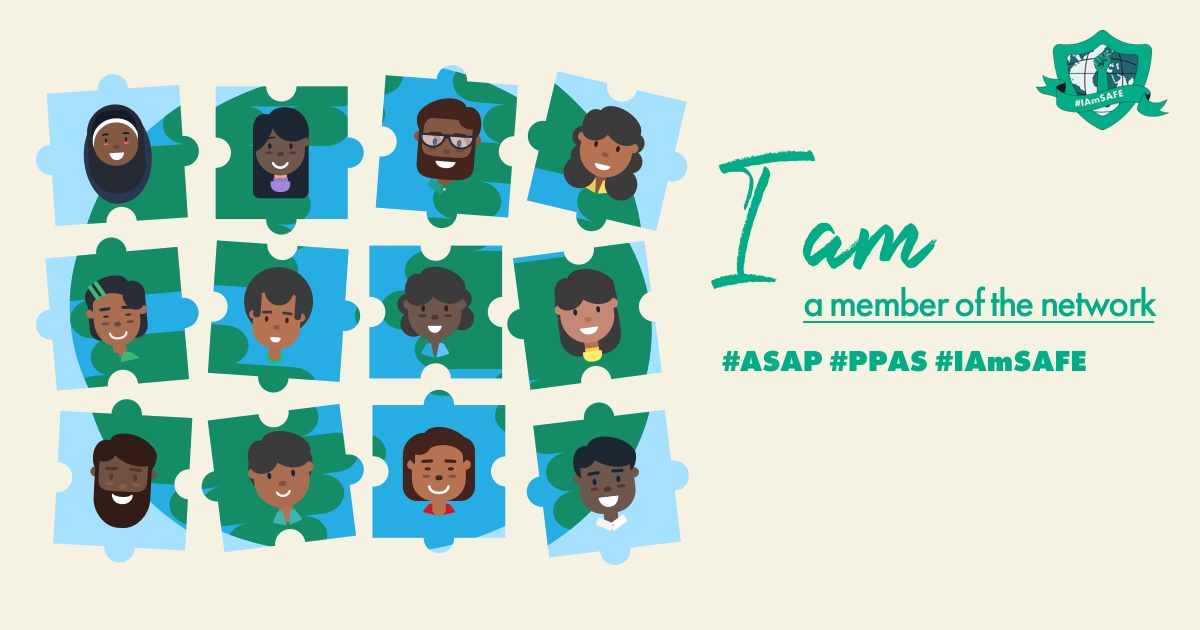Decriminalisation of abortion refers to the removal of specific criminal sanctions against abortion from the law. This does not mean that the provision of abortion care is not carefully regulated. It means that the law, related policies and regulations are changed so that no one is punished for providing safe abortion or for having an abortion.1 In practice, decriminalisation means that the police and the legal system are not involved in the investigation or prosecution of safe abortions. Instead, abortion care is treated like any other essential health issue in medicine, for which the standard of care is based on best practice guidelines, training and delivery. By contrast, in those countries where abortion law has only been liberalised – not fully decriminalised – even safe abortions that follow best practice guidelines may be subject to prosecution.
Global evidence demonstrates that restricting abortion with laws does not lead to fewer abortions, but to an increase in unsafe abortions and preventable maternal deaths and disability.2 Likewise, decriminalisation does not result in an increase in the abortion rate but rather to a shift from unsafe abortion to safe abortion, often accompanied by comprehensive services that allow women to receive contraceptive counselling that further prevents unwanted pregnancies.
FIGO position on the issue
Safe abortion is a basic human right
FIGO regards reproductive autonomy, including access to safe abortion services, to be a basic and non-negotiable human right of every woman and girl in the world.3 The provision of safe abortion is time-sensitive, essential health care.4 Safe abortion care should be available on request, universally affordable, and accessible – as early as possible and as late as necessary.
Current legal and policy restrictions represent discrimination against women and girls that can have an impact on accessing other human rights, for example the right to privacy, body autonomy and integrity, and entitlements. Restrictions serve to marginalise women and girls and heighten their risk of undergoing unsafe abortions, leading to higher rates of preventable maternal deaths and disability. Restrictions based on the rights of the fetus over the rights of the woman imply that at some point the embryo/fetus is entitled to equal or greater protection than the pregnant woman.
The history of the development of UN human rights treaties, including the Convention on the Rights of the Child, with the subsequent interpretation of their right to life provisions by official interpretative bodies, show that the right to life treaty provisions apply only after birth. In fact, no human rights body has ever found allowing termination of pregnancy to be incompatible with human rights, including the right to life. Standards reflect that human rights protections apply after birth, not before.5
In Reproductive Rights are Human Rights: A handbook for national human rights institutions,published by the Office of the United Nations High Commissioner for Human Rights in coordination with UNFPA and the Danish Institute for Human Rights, the case is made clearly that “rights rest on the recognition of the basic rights of all couples and individuals to decide freely and responsibly the number, spacing and timing of their children and to have the information and means to do so, and the right to attain the highest standard of sexual and reproductive health. It also includes the right to make decisions concerning reproduction free of discrimination, coercion and violence, as expressed in human rights documents.”6
Decriminalisation encourages evidence-based best practice
The criminalisation of abortion prevents clinical best practice and the full realisation of sexual and reproductive health and rights. Current abortion laws around the world impose restrictions that are not clinically evidence-based and inevitably cause preventable delays and harm.7 Such restrictions impact the ability of women and girls to access safe and legal abortions without delays. They do not reflect evidence supporting the role of multi-level health professionals, and women themselves, in self-management practices.
Decriminalisation removes stigma, widening access to safe care
The criminalisation of abortion prevents health professionals from doing their jobs. Under threat of actual or supposed prosecution, health professionals may be more reluctant to authorise, conduct or provide information and counselling about abortion services. As a result, women and girls may continue pregnancies they do not want because they cannot find doctors willing or able to treat them. Others may resort to illegal or unsafe measures with the associated risks of death and disability. Criminalisation contributes to the stigmatisation of both abortion providers and those who need or have had an abortion.
The criminalisation of abortion causes ambiguity with dangerous consequences. Most countries state the grounds under which they permit abortion, but these may be ambiguous, interpreted liberally or narrowly, and implemented differently in different settings, or not at all. Non-alignment between laws also leads to confusion and renders it difficult or near impossible to deliver services to the full extent of national law within a country.
FIGO recommendations
FIGO calls for the total decriminalisation of safe abortion, and for the promotion of universal access to abortion, post-abortion care and evidence-based, non-biased abortion-related information, free of force, coercion, violence and discrimination. Abortion should be removed from criminal law and regulated by laws consistent with every other medical procedure, and with the wellbeing of women and girls placed at the centre of their care.
FIGO recognises that laws impacting access to and provision of abortion care are in place around the globe, and there must be a transition within each country from current legal restrictions to a state of decriminalisation. All possible efforts must be taken so that women and girls may fully enjoy their reproductive rights, and benefit from the overall strengthening of gender equality.
FIGO calls on governments and ministries of health to:
- create regulatory and legal environments that ensure abortion is always safe, legal and accessible. The standards recognised by human rights bodies include Committee on the Elimination of Discrimination Against Women and the UN Special Rapporteur on the Right to Health8
- ensure there is a robust health system for abortion care information, counseling and services, with linkage to other reproductive health services
- ensure that health professionals are licensed and trained according to World Health Organization (WHO) guidelines or national standards.9 Counselling, timing and mode of procedure, location and conditions for providing abortions should be based on medical evidence and not ideology
- ensure that any woman or girl who suffers complications from an abortion will have access to respectful, confidential medical services, regardless of the legal status of the abortion
- ensure that women and girls that seek post abortion care after having undergone an illegal abortion are not reported to law enforcement authorities by health professionals.
FIGO urges all member societies and health professionals to:
- implement abortion services to the fullest extent permitted under current national laws
- advocate to ensure current national laws are in compliance with regional and international legally binding human rights standards, most relevant to reproductive rights – which includes access to safe and legal abortion
- seek the most liberal interpretation, and demand alignment, of laws and clarification within guidelines
- train health care workers and those working in judiciary and police departments, as well as the public, on what implementation to the fullest extent looks like in reality (including the implementation of national, regional and international human rights binding standards)
- critically examine access and implementation of abortion, specifically for women and girls who are marginalised, those facing humanitarian crises, those living in poverty, and adolescents. These groups are at higher risk of unsafe abortion and preventable maternal deaths and disability, even in places where abortion is decriminalised
- enhance data collection tools and evidence synthesis to inform decision making, policies and advocacy applied to local contexts
- build supportive partnerships with and between regional, national and international campaigns to decriminalise and legalise abortion by joining forces with parliamentarians, health professionals, legal experts, women’s and human rights groups and organisations, family planning supporters, and women and girls themselves.
FIGO commitments
FIGO commits to taking the following actions:
- to advocate, with member societies and governments, that women and girls undergoing abortions – and health professionals who provide abortions – are not criminalised or stigmatised
- to promote internationally the total decriminalisation of abortion and the removal of all unnecessary clinical, bureaucratic, medical and legal restrictions worldwide
- to working with respective stakeholders – including governments, regional and international bodies – to implement abortion services as a human and reproductive right, and to remove legal, regulatory and policy barriers and behaviours that criminalise and restrict provision of the full continuum of reproductive health care.
References
1. Berer M. Abortion Law and Policy Around the World: In Search of Decriminalization. Health and Human Rights. 2017 Jun;19(1):13–27. www.ncbi.nlm.nih.gov/pmc/articles/PMC5473035/
2. World Health Organization (WHO). Safe abortion: technical and policy for health system. 2012. www.who.int/reproductivehealth/publications/unsafe_abortion/9789241548434/en
3. Chervenak F, McCullough LB (eds). Ethics and Professionalism Guidelines for Obstetrics and Gynecology. FIGO. 2021. www.figo.org/sites/default/files/2021-11/FIGO-Ethics-Guidelines-onlinePDF.pdf
4. FIGO. Abortion Access and Safety with COVID-19 – March 2020 guidance. 2020. www.figo.org/abortion-access-and-safety-covid-19-march-2020-guidance
5. Center for Reproductive Rights. Whose Right to Life? Women’s Rights and Prenatal Protections under Human Rights and Comparative Law. 2014. https://reproductiverights.org/wp-content/uploads/2020/12/GLP_RTL_ENG_Updated_8-14_Web.pdf
6. Office of the United Nations High Commissioner for Human Rights, United Nations Population Fund, Danish Institute for Human Rights. Reproductive rights are human rights: a handbook for national human rights institutions. 2014.
7. Alam B, Kaler A, Mumtaz Z. Women’s voices and medical abortions: A review of the literature. European Journal of Obstetrics & Gynecology and Reproductive Biology. 2020;249: 21–31.
8. Erdman JN, Cook RJ. Decriminalization of abortion – A human rights imperative. Best Practice & Research Clinical Obstetrics & Gynaecology. 2020;62: 11–24. https://doi.org/10.1016/j.bpobgyn.2019.05.004
9. World Health Organization (WHO). Safe abortion: technical and policy for health system. 2012. www.who.int/reproductivehealth/publications/unsafe_abortion/9789241548434/en

